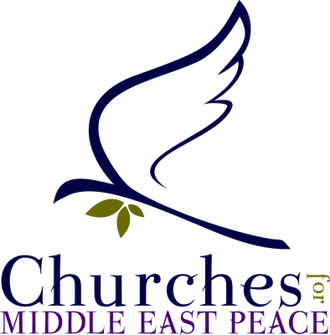Recognising Israeli annexation of Golan Heights "dangerous"

Churches for Middle East Peace have said in a statement:
President Trump's decision on 21 March to recognise Israeli sovereignty over the Golan Heights - a piece of Syrian territory occupied by Israel since the 1967 war - once again demonstrates the administration's recklessly one-sided approach to Middle East foreign policy. Washington DC-based Churches for Middle East Peace (CMEP) deplores the move as violating one of the cornerstones of post-World War II international law: the illegitimacy of territory gained through conquest.
Recognising the Golan Heights as part of Israel is the latest of a series of Trump Administration decisions that discredit any U.S. claims to be an honest broker between Israel, its Arab neighbours, and the Palestinians. In December 2017, President Trump announced that the U.S. would recognise Jerusalem as the capital of Israel despite twenty years of bipartisan agreement that the city's status remained subject to final negotiations. Also under the Trump Administration, the State Department has ceased to designate the West Bank and Gaza Strip as Israeli-occupied territory, instead using the phrase 'Israeli controlled' in the 2018 State Department Human Rights Report on Israel, Golan Heights, West Bank, and Gaza.
CMEP's Executive Director, Rev Dr Mae Elise Cannon, says: "As the Trump Administration prepares to release its peace plan in the coming months, it must unequivocally condemn the ongoing occupation of the West Bank, East Jerusalem, and Gaza Strip. U.S. policy must clearly convey its opposition to settlement expansion and a commitment to a negotiated resolution to the conflict. Neither dropping any references to 'occupied territories' - nor annexing them unilaterally - will make the occupation disappear. It will only further entrench the forces sowing division."
The timing of this announcement, in weeks leading up to the Israeli elections on 9 April and the expected release of the Trump Administration's comprehensive peace plan shortly after, leaves little doubt that such a plan will show little regard for Arab, Palestinian, or moderate to liberal Israeli political interests. Such a one-sided approach cannot serve as a secure foundation for lasting peace.
Formed in 1984, Churches for Middle East Peace (CMEP) is a coalition of 28 national church communions and organisations, including Catholic, Orthodox, Protestant, and Evangelical traditions that works to encourage U.S. policies that actively promote a comprehensive resolution to conflicts in the Middle East with a focus on the Israeli-Palestinian Conflict. CMEP works to mobilise U.S. Christians to embrace a holistic perspective and to be advocates of equality, human rights, security, and justice for Israelis, Palestinians, and all people of the Middle East.
Link: https://cmep.org/


















